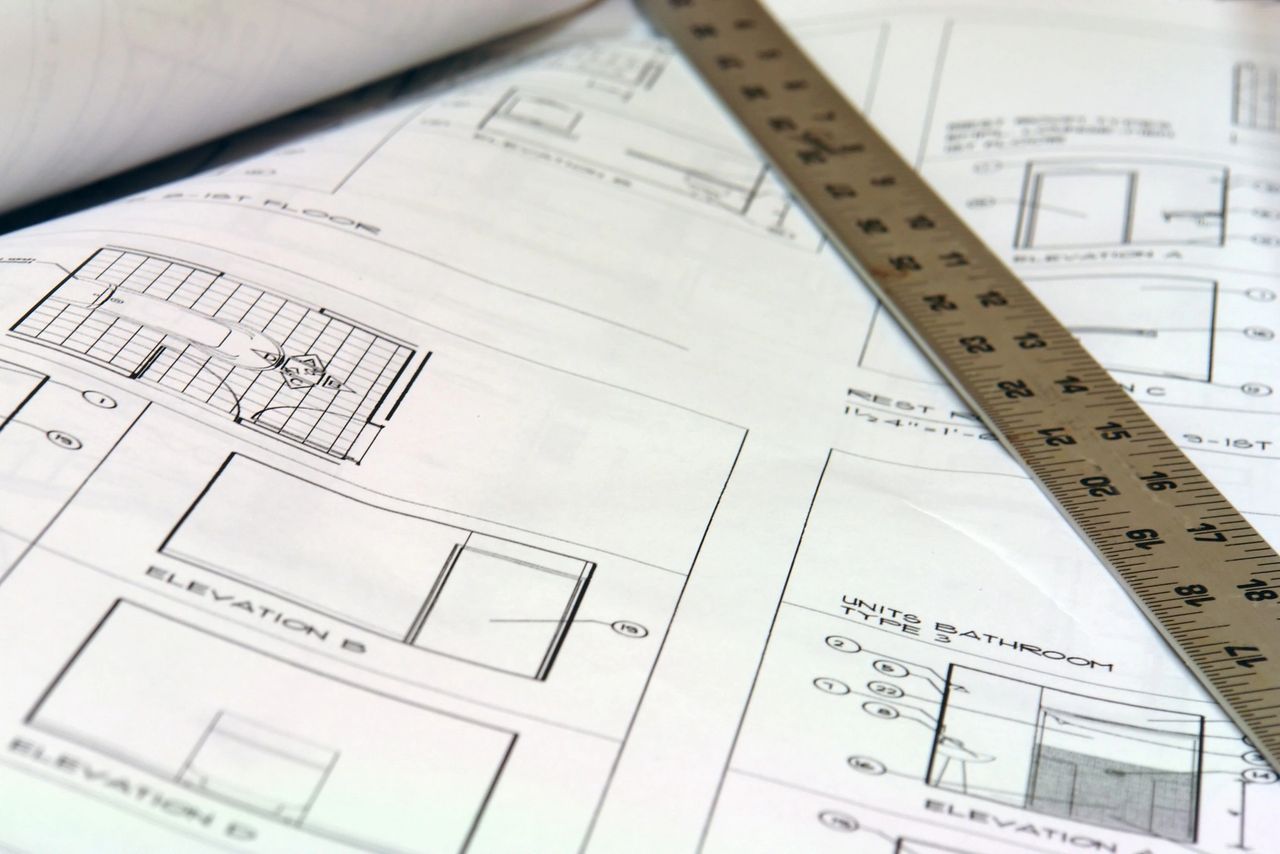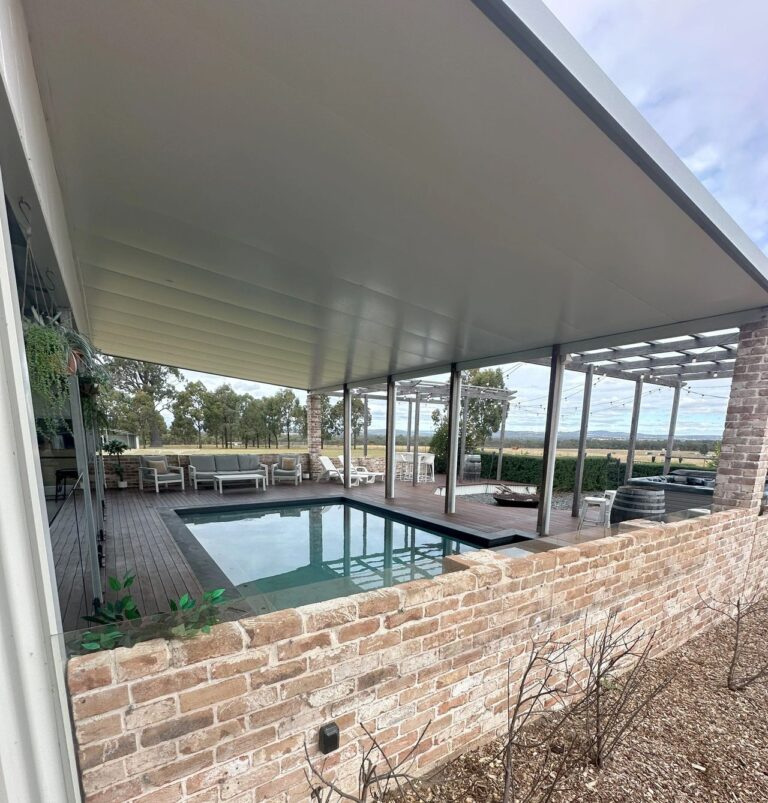The Real Costs of Overlooking Due Diligence – Why it’s essential
When you’re buying a property, there’s always that rush of excitement — the new potential, a new chapter, the chance to make an investment or create a home. But what isn’t talked about as much is the essential part that happens behind the scenes: due diligence. This step, while sometimes overlooked, is critical to ensuring that what you’re buying aligns with what you think you’re buying. And when it’s skipped, it can result in very real, very costly consequences.
What is Due Diligence, Really?
In real estate, due diligence means doing the research to get a true picture of the property you’re buying. It’s not just about surface-level information, like the paint color or room size, but about the hidden factors, the ones that aren’t visible during your typical walk-through. We’re talking about verifying legal approvals, identifying structural or pest issues, ensuring zoning alignment, and even uncovering any potential legal or regulatory problems that could impact the property’s value or usability.
From the outside, it might seem excessive, but it’s these very checks that allow you to buy with confidence, knowing there won’t be any unwelcome surprises lurking once you get the keys.
When Due Diligence Gets Overlooked
I’ve seen scenarios where buyers, eager to close the deal, decided to go easy on the due diligence. Perhaps they thought it wasn’t worth the time or expense, or maybe the property just “felt right.” But once those buyers got the keys, that initial excitement quickly turned into regret. Issues that should’ve been addressed, or even avoided altogether, became costly problems. Here are just a few things that can crop up when due diligence is brushed aside:
1. Structural Surprises: Foundation cracks, termite damage, or poorly installed plumbing can cost tens of thousands to repair.
2. Legal Compliance Issues: Imagine buying a beautiful acreage property only to find out that major parts of the home are not council-approved. Suddenly, you’re left with a costly compliance issue on your hands, not to mention the hassle of trying to address it post-purchase.
3. Environmental Hazards: Properties in certain areas may face flooding, soil erosion, or water contamination risks. Overlooking environmental checks could mean facing massive, unexpected repair or mitigation costs.
4. Zoning Restrictions: You might buy a property envisioning your dream renovation or new outbuildings, only to find out that zoning restrictions prevent you from making those changes.
Why Due Diligence is Worth Every Effort
When you’re buying a property, you’re putting a lot on the line. It’s not just a financial commitment; it’s emotional, and it can impact your future plans, especially if the property is intended as an investment or long-term family home. Due diligence essentially safeguards that purchase, ensuring you fully understand the true condition and history of the property you’re buying.
For example, in a recent transaction I managed, we discovered that none of the property’s main structures had been council approved. If we hadn’t done our homework, my clients would have ended up paying top dollar for a property that was essentially a glorified swimming pool. But because we were thorough, they had the chance to address the issues upfront, weighing the true value of what they were buying.
Don’t Shortcut the Process — It’s There for a Reason
It might be tempting to skip over some of these checks, especially if you’re in a rush to secure a property in a competitive market and trying to save money. But, in my experience, the pain of finding problems after settlement is far greater than the investment of time and money you put into due diligence. Think of it this way: a small investment in checking now can save you a massive expense in fixing later.
As your buyer’s agent, my goal is to make sure you feel confident and informed every step of the way. Due diligence isn’t about looking for problems, it’s about making sure there are no surprises down the track. I work closely with your conveyancer, who typically handles much of the documentation and regulatory checks, to ensure that every potential issue is addressed well before settlement.
Together, we cover all the bases, so you know exactly what you’re getting into. With my expertise and resources on your side, you’ll have the clarity to make decisions you feel great about, turning what can be a complex process into one that’s seamless, transparent, and stress-free.







